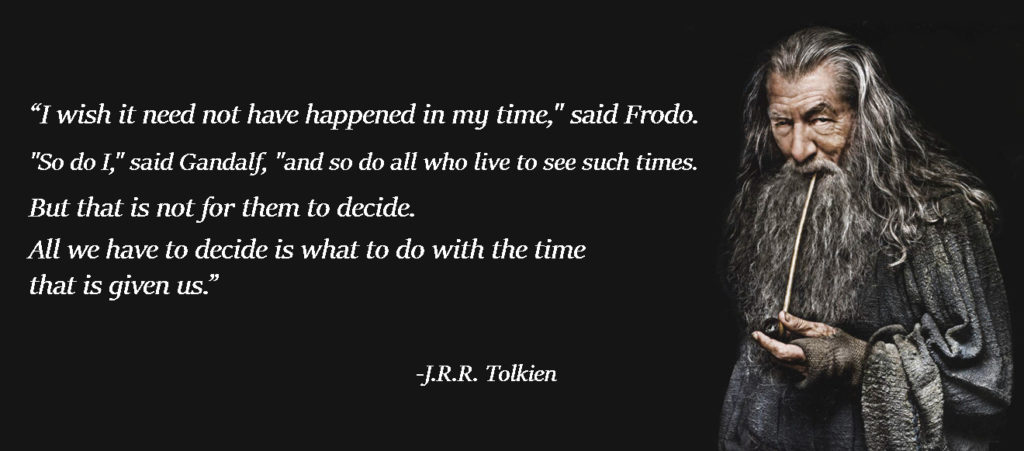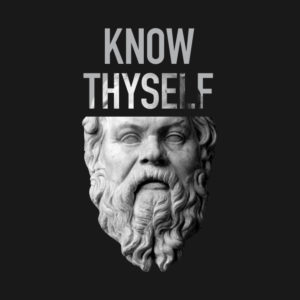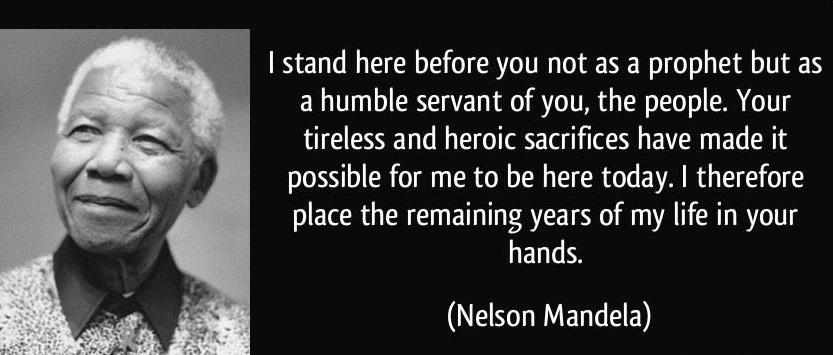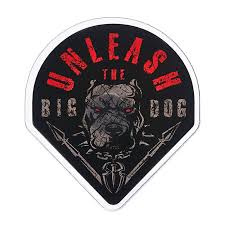The end of the ‘big dog’ …the death of alpha male leadership?
We live in unsettling, uncertain times. The ground has shifted under our feet, our physical lives are dramatically changed, most of us are confined to quarters, and our short-term to medium-term economic futures are in question.
This level of volatility and ambiguity needs leadership. No! It needs really good leadership. It needs people to help steady the ship. Those people might well include you. In fact, I’d argue it certainly includes you. You may not want to take up that mantle but there is a hell of an opportunity here.

Here is my proposition, this is the end of Alpha Male Leadership …or, at the very least, we have an opportunity to relegate Alpha Male Leadership to a retrograde, ineffective and shunned way of influencing people.
During the Covid19 pandemic, that has over 1/3 of the globe on lockdown, some 2.5 billion people, being the ‘Big Dog’ is useless at best and deadly at worst.
Is this the death knell for Macho Leadership?
Leadership literature, management books and leadership wafflers and trainers (like myself) have been focusing on the progressive shift in the last few decades to authentic, distributed and pro-social leadership styles.
Know thyself. Connect as a real person. Show your vulnerability. Give control to others. Create leaders around you. Celebrate diversity. Develop empathy and helpfulness.
..and one of my favourites “leadership is a special sort of action, not a special sort of person.”

Now I may type these phrases in mocking tones (if such a thing is possible) but I genuinely believe in them and see the leaders that I work with creating fabulous, connected, high performing teams by focusing on these skills.
The ‘MeToo’ movement, the prominence of Diversity & Inclusion, the 50/50 by 2020 campaign, the headline grabbing Gender Pay Gap all, in theory, add weight to this progressive model of leadership. But when I discuss the history of leadership theory with groups, teams and individuals that I work with, we’re all aware that some of the ‘older’ leadership theories are not as dead as we might think. Collectively our leaders are not as pro-social, empathetic and authentic as we might think the world is if we read the Guardian or follow Gwyneth Paltrow on Instagram.
I teach that ‘Authentic Leadership’ is an approach to leadership that emphasises building a leader’s legitimacy through honest and open connections with colleagues, where the leader genuinely values their input and shares vision, errors and human elements. The focus is on Emotional Intelligence and rapport building [Luthans and Avolio – 2003]. On story-telling and ‘checking-in’ with staff.
I also ask teams to focus on Distributed Leadership [Brown and Hosking – 1986]. Where leadership is a group quality, with acts of leadership available to all members of the team. Itignores binary ideas of leader-follower, facilitates the distribution of responsibility between individuals within an organisation based on expertise and relationships, rather than solely on experience within a role.
Doesn’t all of that seem lovely!?!

Yet when we look at the history of leadership theory and stop off at some of the outdated models, as a comparator, we can’t help but notice that “Great Man Theory”, that ‘long dead’ idea that leaders are male, rich, from privileged backgrounds and are born to lead lesser men ..oh and women of course, isn’t quite as dead as I might hope.
The truth is that some of the friction in trying to spread the ideas of pro-social leadership is that it is so easy to point to successful Alpha Males; men who proclaim to have all the answers, who insist followers obey or be excommunicated, who demand respect and lead with blind authority and unwavering self-confidence.
This isn’t just with some of the populist leaders of today, I (and you) also see strong elements of it in many organisations. Institutions that may talk about vulnerability and connectedness but they still revere, promote and build systems around the most ballsy, confident and overconfident people (men) in their institutions. OK, mostly men, but even in some organisations that champion women in senior positions, the truth is that many of these women are exhibiting clear Alpha Male characteristics to get into these roles.
It’s a challenge to promote pro-social leadership when there is clear evidence that some people are getting on just fine by showing zero vulnerability, manipulating others rather than connecting with them and having bigger balls than the rest of us.
Then a new, mutating virus hoves into view and something really interesting happens.

Here, in my view, is the first leadership challenge where having bigger cajones and being the loudest voice in the room with all the answers is 100% the wrong approach. Not only is being the Big Dog ineffective, it’s more than that, it’s bloody dangerous.
A highly transmittable virus allows no room for being tough. In fact if your usual reaction to powerful challenges is to have ‘bulldog spirit’, carry on regardless and stick 2 fingers up at the threat in front of you ….you’re highly likely to kill someone.

This isn’t just a blog about Donald Trump’s ineptitude in managing the brave American response to the weaselly ‘Chinese virus’ you can see the Alpha Male response in lots of places. All those, mostly young, indestructible people that went to their mates’ house or the beach for BBQ in the glorious spring sunshine of Saturday 21st March this year, didn’t beat Covid19 with a big ‘screw you’ and carrying on regardless, potentially they went to visit their mum on Sunday 22nd March and took her an incurable disease and the potential to cripple the NHS. Being ballsy and brave is dangerous.
In a supermarket this week a lovely, and slightly scared, check-out worker told me that her most challenging customers were often men in their latter years. She referred to a customer from earlier in the day who’d explained that he’d fought in the war and he’d carry on regardless!

I’ve seen the championing of the ‘Blitz Spirit’ in the UK press. Dangerous tosh! In the blitz, Britain tried to carry on as we normally did, pubs stayed open, we maintained community gatherings and had a stiff upper lip. This is not the time to carry on regardless, in fact it’s time stop carrying on and stay home.
Being the Alpha Male, the Big Dog, not giving a ****, carrying on regardless, having all the answers, ignoring the pencil-pushers, bollocks to authority, strong-minded lone wolf or valiant brave leader ….these are all more dubious positions than ever.
So what’s the alternative model here. Not just for country leaders, for all of us.
What people are responding to is human connection, openness, requests for help, empathy and a higher purpose.
In my view, the leaders who are making a real impact here and will come through this pandemic with stronger companies, more cohesive teams, more loyal customers and infinitely stronger partnerships with communities and clients alike, are those leaders that connect.

Speaking from a business point of view, you’ll remember who your friends are after this. You’ll also remember the organisations that were driven by purpose, collective meaning and positive impact. For the wrong reasons you’ll remember the organisations that time-sheeted their employees, that were driven by their P&L, that grounded themselves in business performance not organisational purpose.
In very simple terms we’re now having video-conference meetings in our bedrooms. We’re speaking to the CEO who’s in her kitchen with the family photo behind her and the kids drawings on the fridge, we’re listening to the HR Director give his briefing from the bedroom with his rumpled sheets in shot, his ‘Back to Future’ poster on the wall and a few odd socks in corner. The human connection is creeping even if we didn’t mean it to.
Those that embrace it are acknowledging the unknowns, sharing their own concerns, listening to the views, experiences and ideas of others. The impactful leaders are checking up on their people first, they are reaching out to customers to make sure they’re alright, they’re giving the green-light to financially unproductive work that is good for the local community.
What’s more, the individuals in non-leadership positions who are also acting with empathy, helpfulness and purpose are gaining respect and getting noticed. They are building formidable relationships that will almost certainly see them gaining more leadership opportunities in the future.

Potentially the leaders of the next few decades will have carved out their human leadership skills through this crisis, while the big hairy shouty ones will have had to leave their fast car in the garage and their money clip on the bedside table while they self-isolate.
Is this the death knell for Macho Leadership? ….we can but hope.



About the author